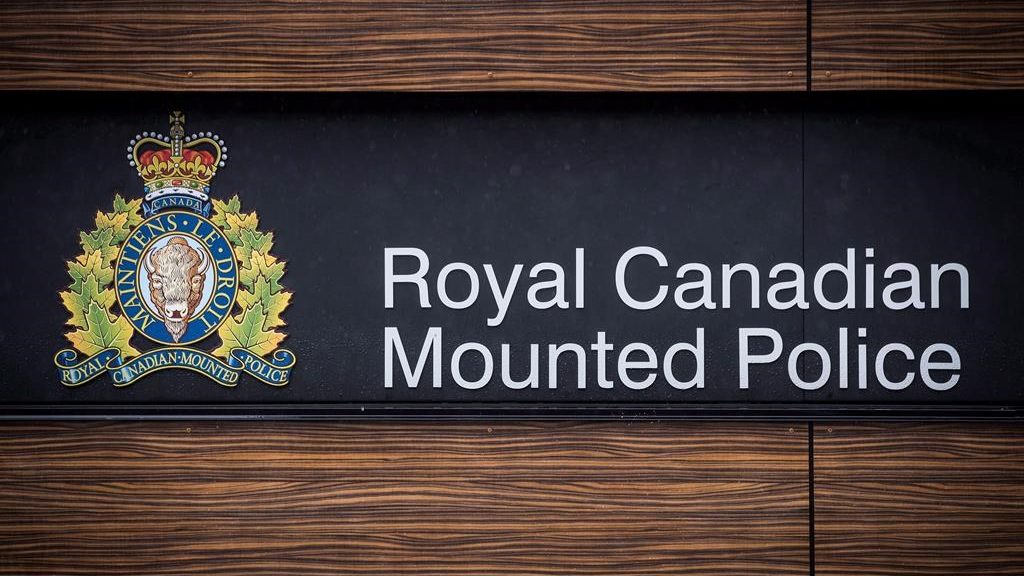Pocketbook issues eclipsed by military role in Thai election
Posted Mar 20, 2019 02:46:35 AM.
This article is more than 5 years old.
BANGKOK — Pocketbook issues may not sway the outcome of Sunday’s election in Thailand, given the bigger debate among voters over whether they support or oppose the military junta that has ruled the country since a 2014 coup.
Experts say that widespread dissatisfaction, especially among the have-nots, with how the economy is doing may be balanced out by strong support for the junta from wealthier Thais and those who have seen military rule as a welcome respite from the political unrest that has tarnished Thai politics for more than a decade.
“The economy is not doing all that great. But it’s also not doing all that badly. It may be that in this case it would have just a neutral impact on the election’s outcome,” said Chris Baker, a historian and expert on Thai politics.
“It will be a vote on the military. Whether you like them. Whether you approve of them. Whether you’d like them to stay,” he said.
Still, lagging wages, a precarious job market and falling commodities prices have made the daily struggle to get by a key concern, and major parties are wooing voters with promises of cash handouts, farm subsidies, small-business tax breaks and other benefits.
Such populist strategies were the specialty of billionaire former Prime Minister Thaksin Shinawatra, whose allied parties have won every national election since 2001 in part by appealing to the rural masses who make up the majority of Thai voters. Yet his popularity and strongman personality alienated many in Bangkok and among the nation’s traditional elite and his government was toppled in a 2006 coup.
After more than a decade of sometimes violent protests, counter protests and legal and extralegal intervention, Thaksin — who lives in exile to avoid what he says is a politically motivated jail term — remains revered by many and reviled by others.
On Sunday, the choice for many will boil down to what they value more, the better economic times associated with Thaksin and his allies or the relative political calm associated with military rule.
Here’s a look at some of the key stakeholders:
FARMERS and WORKERS: It’s widely agreed that deep seated structural problems are slowing Thailand’s progress, as the elite grab a large share of the benefits of the country’s growth. In the countryside, incomes and access to good education and other public services lag far behind. While poverty has declined markedly, to below 10 per cent of the population by most measures, farm productivity has lagged, with rice and corn yields stagnating or falling behind those in neighbouring countries. Even in the industrial sector, productivity — one key to raising incomes — has not kept pace with other countries in the region. Farmers are encumbered by debt as costs outstrip what they can bring in as prices for key commodities like rice and rubber languish. These voters, a majority of the electorate, benefited from “Thaksinomics” and are strong supporters of parties aligned with the former prime minister. Yet they are also used to seeing their choices at the ballot box overruled by military intervention or court rulings they see as politically biased.
___
URBAN MIDDLE CLASS: Thailand’s urban middle class centred in Bangkok is riven by divided interests. On the one hand they were the forces that ousted previous military governments that clung to power for too long, such as in the early 1990s, and took great pride in Thailand’s emergence as a democratic, middle-income nation. Yet they were the same masses who took to the streets multiple times over the past dozen years to seek the ouster of Thaksin and his allies, who they saw as corrupt and who they claimed bought the votes of the rural majority with populist policies. Many boycotted the last attempted election in 2014 and welcomed the coup that followed as a way to jumpstart what they said were needed reforms. While many are unhappy over a lack of reforms in education, the police, state industries and government bureaucracy, they are also wary of a return to the political unrest that has come hand-in-glove with civilian rule in recent times. “There is still a very strong conservative trend in the Thai middle class who will settle for peace and order,” Baker said.
___
YOUNG PEOPLE: Thailand has 7 million eligible potential swing voters: the over-18s who are getting to vote for the first time. Among them are university graduates who find it difficult to get good-paying jobs. There are also legions of young people, many without a degree, in the informal workforce — running street stalls, ferrying passengers by motorbike taxis and filling other casual, low-skilled occupations. In the last election, Thaksin’s proxy party was able to appeal to such workers with promises to raise the minimum wage and to guarantee a minimum starting salary for university graduates. While the current crop of first-time voters may be too young to feel nostalgia for Thaksin, there’s little affection for army rule.
___
BIG BUSINESS: The huge conglomerates that dominate the Thai economy and the wealthy families who own them are generally conservative and eager to avoid political uncertainty. So are foreign businesses deeply invested in many of Thailand’s export-oriented manufacturing industries. The chances are that big business will come out ahead whoever wins. But a public backlash if the election’s outcome is perceived as unfair could harm the investment environment.
___
THE MILITARY: Having written a new constitution that stacks the odds in its favour, the military is seeking the best of both worlds by returning coup maker-turned-Prime Minister Prayuth Chan-ocha to the premiership as the head of an ostensibly civilian government. Even if it somehow fails to get its man in the top post, the current junta has ensured that any future governments must adhere to its 20-year plan for the nation. The military’s self-interests would be ensuring it continues to have a strong say over its generous budget, and avoiding being included in future reforms that could seek to curb its might, both politically and financially. A victory Sunday would help keep a status quo already aligned in its favour. Nevertheless, while the military is adamantly conservative, it is also highly factional and a future coup can never be ruled out, even against itself.
Elaine Kurtenbach, The Associated Press










